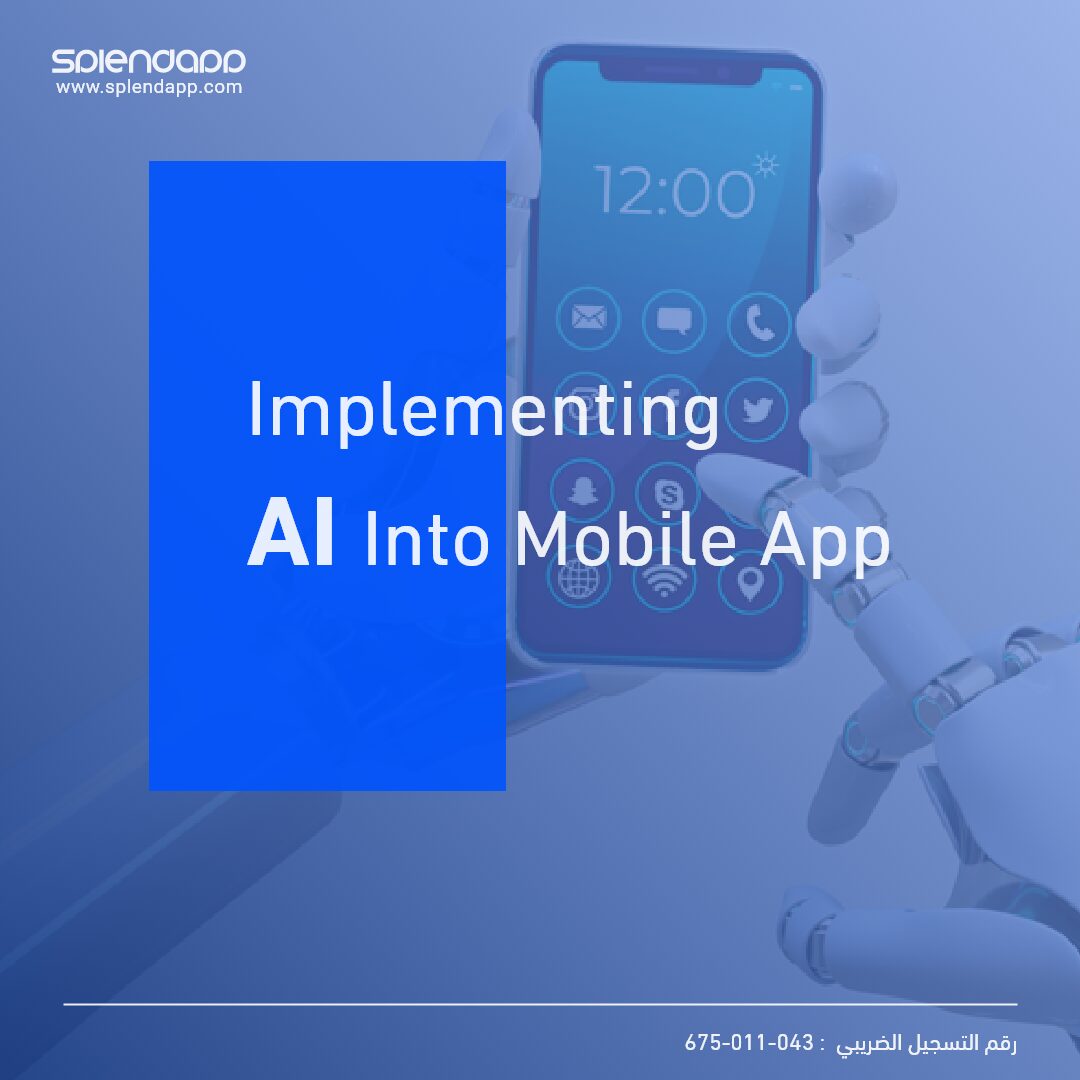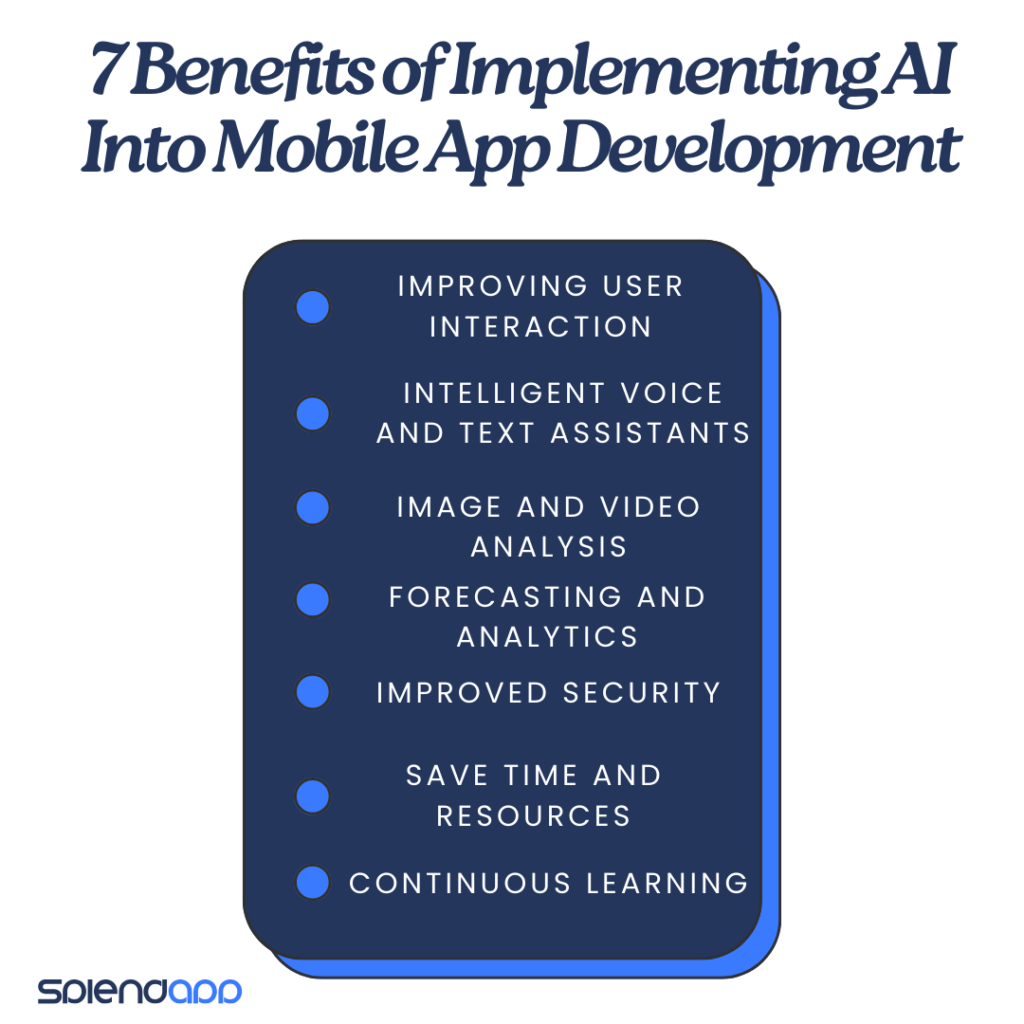

Artificial Intelligence or AI is a branch of computer science concerned with developing systems and programs that exhibit behaviors considered intelligent. This includes the ability to learn, think, plan, understand language, and recognize patterns and images. This field is advancing very rapidly, leading to diverse applications in many fields such as medicine, gaming, transportation, customer service, and others.
The most important areas within AI include machine learning, where systems learn and improve through experience without the need for explicit programming. There are also artificial neural networks that mimic the functioning of the human brain to process information and learn in complex ways. In addition, artificial intelligence includes areas such as natural language processing, computer vision, and robotics.
As technology advances, AI has become the focus of discussions about social and ethical impact, including privacy issues, bias in data, and impact on the labor market. Researchers and developers strive to create safer, more transparent, and fairer systems to ensure society benefits from this promising technology.
Applying artificial intelligence in mobile application development offers many benefits that improve user experience and enhance application efficiency. Here are some of these benefits:

Improving user interaction: Artificial intelligence can analyze users’ behaviors and preferences to deliver a customized and personalized experience. Apps can learn from previous interactions and deliver content and notifications that are better relevant to the user.
Intelligent voice and text assistants: By incorporating artificial intelligence, apps can provide interactive voice and text assistants such as chatbots and personal assistants that can understand natural questions and provide helpful answers.
Image and video analysis: Mobile applications can use computer vision, a branch of artificial intelligence, to analyze images and videos. This is useful in facial recognition, emotion analysis, and identity verification applications.
Forecasting and analytics: Artificial intelligence can analyze massive amounts of data to predict trends and behaviors. This can help companies understand their users better and make informed decisions.
Improved security: Using technologies like machine learning, mobile apps can identify suspicious activity and address security threats more effectively, protecting user data.
Save time and resources: The automation and efficiency provided by AI can reduce the time and effort needed to perform complex tasks, allowing developers and companies to focus on innovation and product improvement.
Continuous learning: Mobile apps that use AI can improve over time by constantly learning from new data, ensuring continuous improvement in performance and functionality.
In these ways and more, AI can enhance mobile applications, making them more intelligent, interactive, and useful for users.
The application of artificial intelligence (AI) in mobile application development includes several strategies and methods, which can be summarized in the following points:
Machine Learning: Using data to train models to make intelligent decisions. It can be used for personalized recommendations, predictions, image recognition, and speech recognition.
Natural Language Processing (NLP): Enabling applications to understand and process human language. It is used in chatbots, machine translation, and sentiment analysis.
Image and video recognition: Using artificial intelligence to analyze and understand visual content. It is used in applications such as face recognition, image classification, and augmented reality.
Intelligent Interaction: Developing interactive interfaces that respond naturally and intelligently to the user. This includes speech recognition, vocal responses, and sensory interactions.
Performance optimization: Using artificial intelligence to analyze application data and improve its performance, such as increasing application speed, reducing battery consumption, and improving user experience.
Security and Privacy: Using artificial intelligence to improve application security by identifying suspicious activity, analyzing behaviors, and providing intelligent authentication methods.
Integration with third-party services: Leverage AI services available from other providers to add intelligent functionality to applications without having to build everything from scratch.
To start applying artificial intelligence in application development, you must first define the problem to be solved or the function to be improved, and then choose the appropriate tools and techniques for that. It is also important to bring in experts in the field and stay up to date on the latest technological developments to ensure you make the most of AI capabilities.
In conclusion, talking about the application of artificial intelligence in mobile App development is no longer just a futuristic concept, but has become an integral part of the technological reality we live in today. By using technologies such as machine learning, natural language processing, and image recognition, apps are able to deliver smarter, more personalized, and interactive experiences to users.
Incorporating artificial intelligence into mobile applications opens new horizons for innovation and enhances applications’ abilities to understand and meet users’ needs in ways that were not possible before. Whether in financial services, healthcare, education, entertainment, or others, artificial intelligence is increasingly contributing to improving the quality of life and enhancing efficiency.
However, challenges related to privacy, security, and ethics must be taken into account when developing and applying these technologies to ensure that they are used to the maximum benefit without compromising the rights and privacy of users. Ultimately, it is the responsibility of developers and decision-makers to ensure that the application of AI in applications is geared towards responsible innovation and continuous improvement of the user experience.